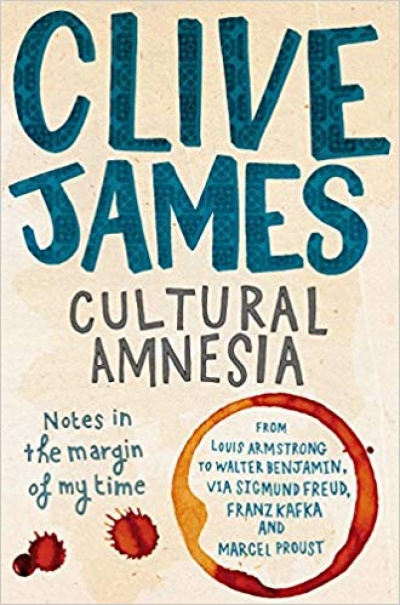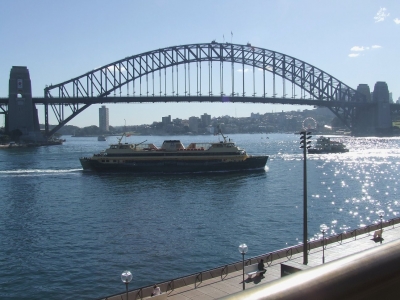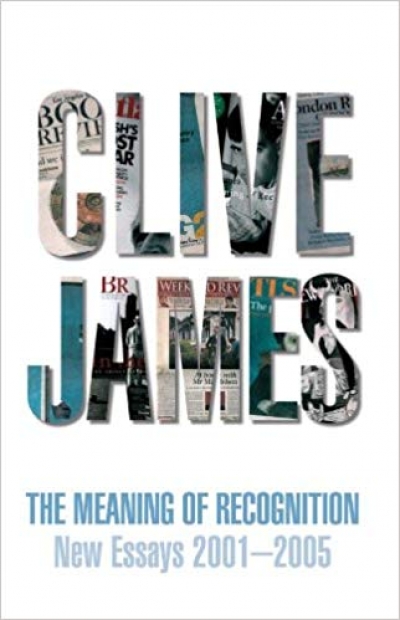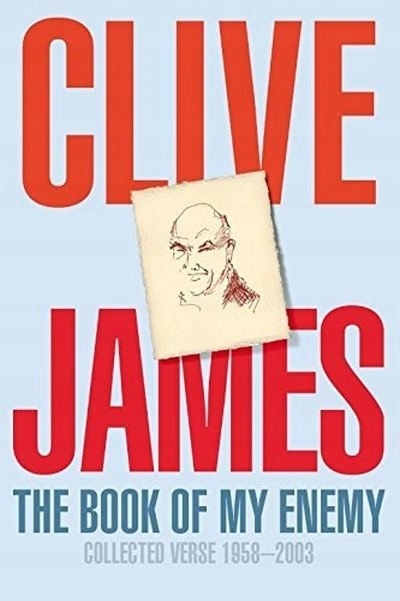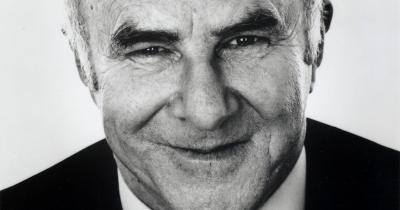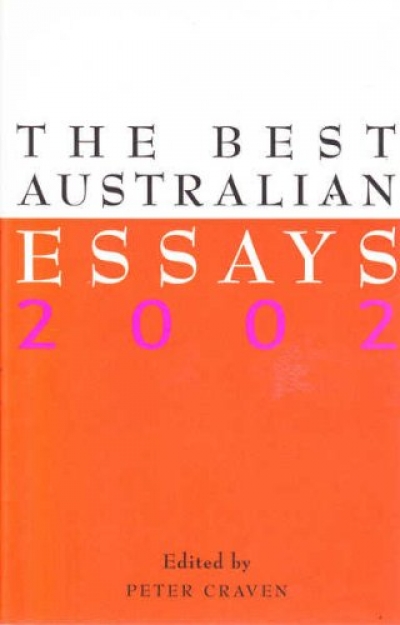Clive James
Much as I loved you in the snow and ice,
Side-slipping down the chute below Spinale –
It’s twenty years now since we saw Madonna
(Di Campiglio, not Ciconne)
Cultural Amnesia: Notes in the margin of my time by Clive James
Dear Editor,
Brian Matthews makes an eloquent defence of Manning Clark’s Kristallnacht fantasy, but I was surprised to find myself being drafted as a witness simply because I once said that autobiography is ‘a lying art’ (May 2007). Actually, I can’t remember ever having used quite those words, but, as Brian Matthews well argues, memory plays tricks.
... (read more)In the clear light of a cloudy summer morning
The idiot boy, holding his father’s hand,
Comes by me on the Quay where I sit writing.
His father spots me looking up, and I don’t want
To look as if I wished I hadn’t, so
Instead of turning straight back to my books
I look around, thus making it a general thing
That I do every so often –
To watch the ferries, to check out the crowd.
The Meaning of Recognition: New Essays 2001–2005 by Clive James
The Book of My Enemy: Collected verse 1958–2003 by Clive James
The Cypriot brought his wine-dark eyes with him
Along with his skin and hair. He also brought
That shirt. Swathes of fine fabric clothe a slim
Frame with a grace bespeaking taste and thought.
There is a difference between celebrity and recognition. Celebrities are recognised in the street, but usually because of who they are, or who they are supposed to be. To achieve recognition, however, is to be recognised in a different way. It is to be known for what you have done, and quite often the person who knows what you have done has no idea what you look like. When I say I’ve had enough of celebrity status, I don’t mean that I am sick of the very idea.
... (read more)
